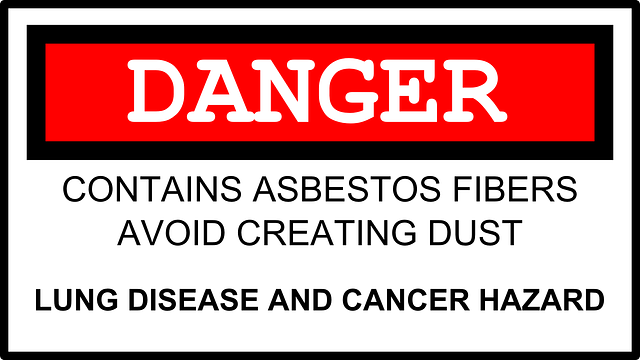What Is the Life Expectancy of a Person With Mesothelioma?
If you’ve been diagnosed with mesothelioma, your life expectancy will depend on several factors. These include your age, your general health, what type of mesothelioma you have, and what stage you are in. Another thing that’s important to keep in mind is that you may be able to extend your life expectancy if you find a doctor who is experienced in treating mesothelioma.
The following statistics are not set in stone. In general, the average life expectancy after a mesothelioma diagnosis is:
- 12 to 21 months average life expectancy after a diagnosis
- 19 to 21 months if you have stage 1 or 2 pleural mesothelioma
- Up to 16 months if you have stage 3 or 4 pleural mesothelioma
- More than 5 years if you have surgery to treat peritoneal mesothelioma
- 6 months if you have pericardial mesothelioma
- More than 2 years for testicular mesothelioma
This may be the average life expectancy, but you can end up on either side of the average based upon the quality of care you receive and how well you take care of yourself—or don’t.
The Types of Mesothelioma
The following are the two most common types of mesothelioma. There are other forms that are rare, but chances are your diagnosis will fit into one of these two categories.
Pleural Mesothelioma
Approximately 70% to 75% of all mesothelioma cases are pleural mesothelioma, which affects the pleura, which is the lining that surrounds your lungs. This type of mesothelioma can cause chest pain, fever, fatigue, shortness of breath, and weight loss. Some treatment options you may be given for this condition include radiation and chemotherapy.
Peritoneal Mesothelioma
Approximately 10% to 20% of all mesothelioma is peritoneal mesothelioma, which affects the lining of your abdomen. The symptoms may include bloating, a swollen abdomen, abdominal pain, loss of appetite, and bowel problems. Some treatment options may include surgery and heated chemotherapy, which is also known as HIPEC.
What to Do if You’re Diagnosed
If you receive a mesothelioma diagnosis, you should look for a doctor who has experience treating the type of mesothelioma that you have. Doing so can increase your life expectancy and help you manage your symptoms.
The treatment options that are available to you will depend on the stage and location of your mesothelioma. There is no cure for this aggressive condition, but there are ways your physician can make you more comfortable so you can have the best possible quality of life with the time you’ve got left.
Facing your own mortality can be a terrifying prospect, but no one knows how much time they have left. Focusing on the quality of the life you are living instead of how much time you have left is something that can benefit everyone, whether they’ve received a terminal diagnosis or not.
What to Expect During a Mesothelioma Lawsuit
One issue that can directly impact your quality of life is finances, especially if you are looking at a mountain of medical bills. If you were exposed to asbestos on the job and it caused your mesothelioma, you may be able to file a lawsuit to recover some of your expenses. You can click here to learn more about mesothelioma cases.
If you decide to sue, be prepared to provide a mesothelioma deposition. This is one of the most important things you can do to strengthen your case. This will involve videotaped testimony that is taken under oath. Your testimony can be videotaped at your home or in your lawyer’s office. In this testimony, you will describe your experience and how it has impacted your life.
During your deposition, you will want to answer the questions you are asked without giving any other information. You don’t want to laugh or be sarcastic in any way because it might make the situation seem less grave than it is. It’s okay if you’re nervous about testifying. This is perfectly normal, but with your attorney’s help, you’ll get through it just fine.

